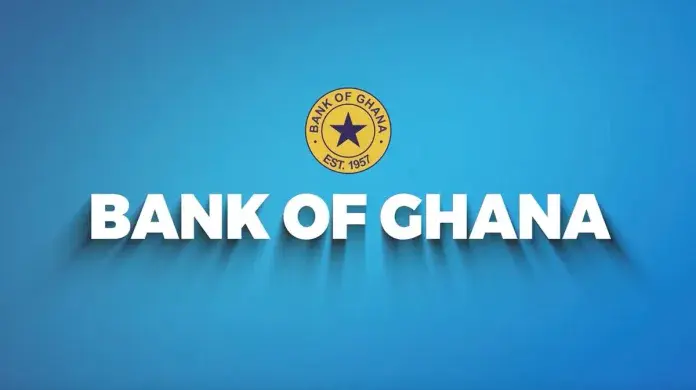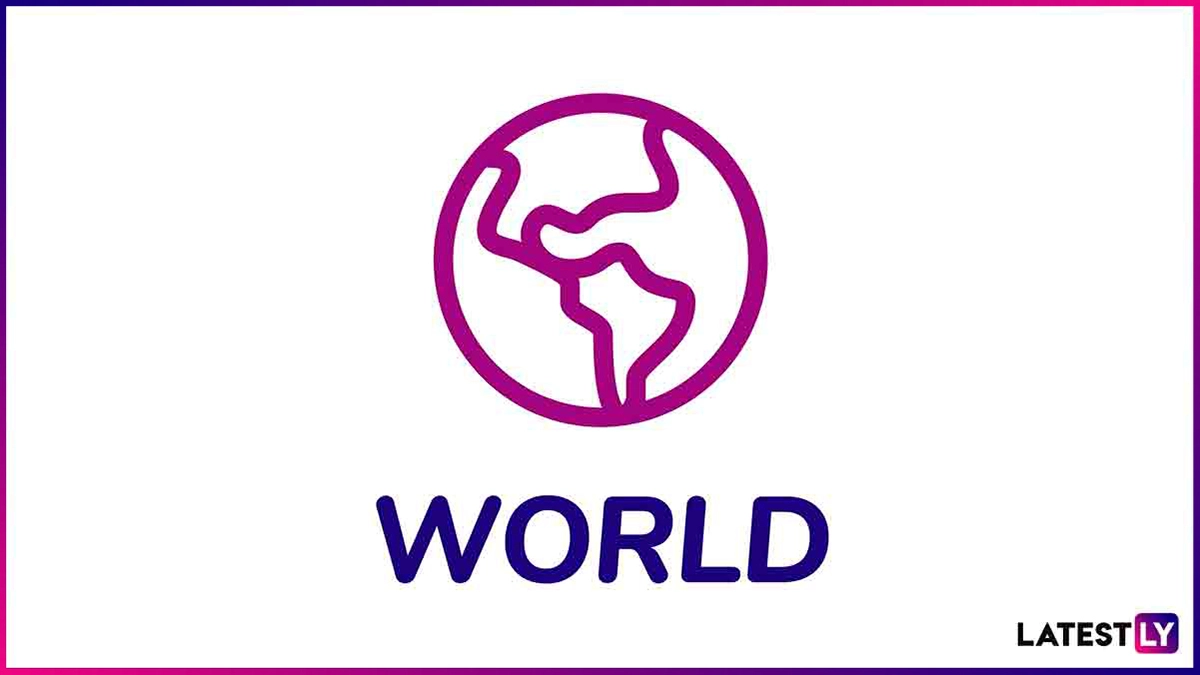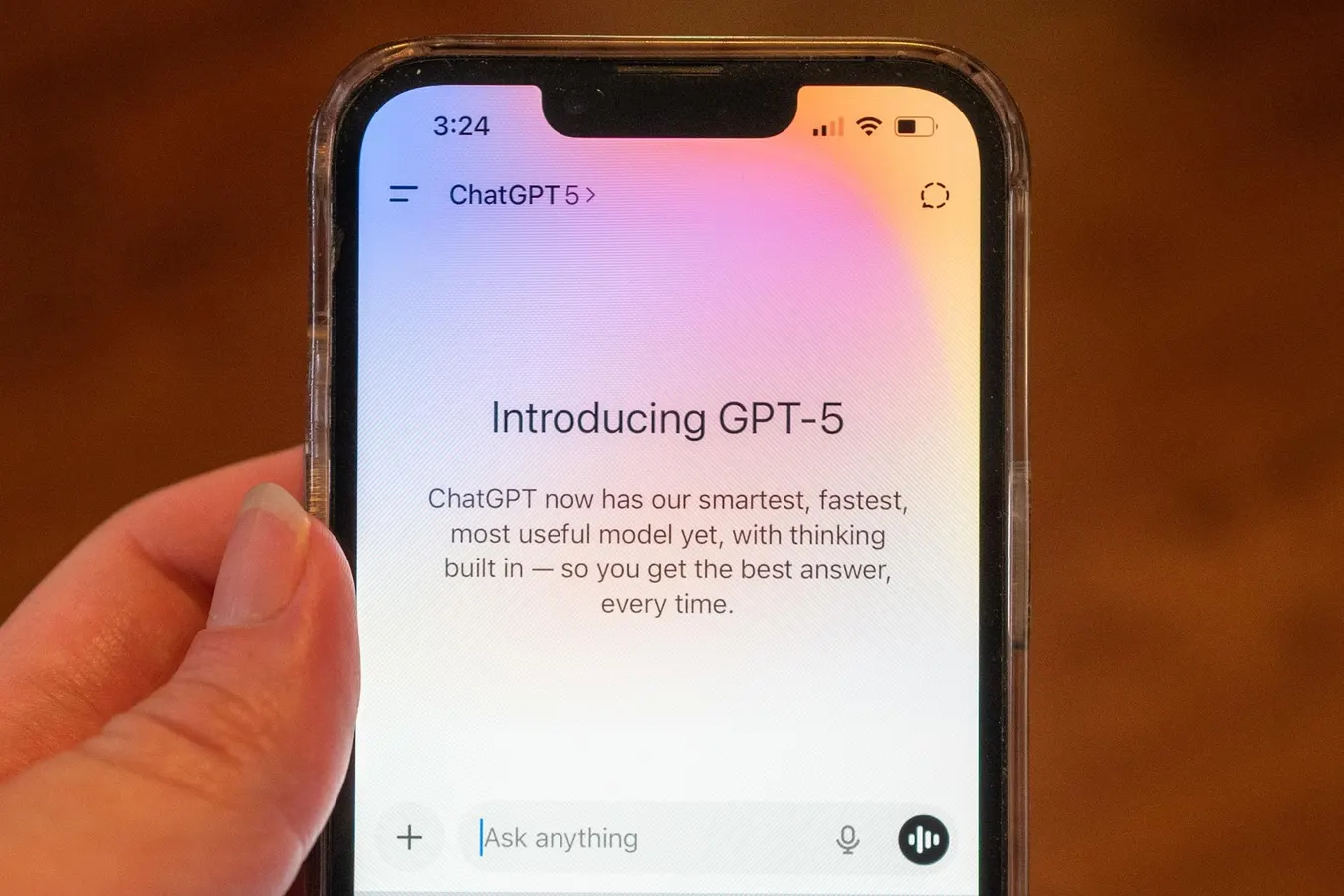Copyright ghananewss

The Bank of Ghana welcomed over 250 school pupils to its headquarters on Friday, October 31, 2025, for an interactive session exploring the history and evolution of the Ghanaian Cedi through games and educational activities. Students from five Accra schools gathered at Bank Square for the currency education programme, which forms part of the central bank’s ongoing Cedi@60 celebrations marking six decades since Ghana introduced its own national currency. The participating schools included Independence Avenue Basic School (1 and 2), St. George’s Anglican Basic School, Bishop Mixed Basic School, Accra Sempe School, and St. Barnabas Basic School. The young learners engaged with the Cedi’s history while participating in fun activities designed to make financial literacy accessible and engaging. Bank of Ghana Governor Dr. Johnson Asiama addressed the students during the event, encouraging them to take their studies seriously and reminding them they represent the country’s future leadership. He shared words of encouragement alongside his deputies, Dr. Zakari Mumuni and Matilda Asante-Asiedu. The currency education session is part of a broader initiative launched by the central bank on October 28, 2025, to commemorate the Cedi’s 60th anniversary. The year-long Cedi@60 campaign aims to engage Ghanaians through public education, policy dialogue, and historical reflection on the currency’s journey and its role in Ghana’s economic independence. “These activities are designed for all age groups, from schoolchildren learning to count with pesewa coins, to fintech entrepreneurs coding the next generation of e-wallets,” Governor Asiama explained during the launch earlier in the week. “We encourage every Ghanaian, home and abroad, to take part. Because the story of the Cedi is the story of us all.” The Cedi was introduced in 1965, replacing the Ghanaian Pound as the country sought to affirm its monetary independence following political independence in 1957. Since then, the currency has undergone several transformations, including a redenomination in 1967 and the introduction of the modern Cedi in 2007. Ghana’s decision to establish its own currency represented more than just changing banknotes. It symbolized the country’s determination to define and defend its monetary destiny as a sovereign nation. The currency’s evolution has reflected Ghana’s story of resilience, innovation, and national pride through various economic phases. Friday’s educational session gave students hands-on experience with currency education, teaching them about the security features of Ghanaian banknotes, the historical context of monetary policy, and the importance of financial literacy from an early age. The timing of the event is particularly significant, coming amid what the Bank of Ghana describes as a remarkable turnaround in the Cedi’s fortunes. According to Governor Asiama, the Ghana Cedi has appreciated by 37.4% year to date as of October 17, 2025, making it the best performing currency in Sub-Saharan Africa in the first eight months of 2025, according to World Bank data. This performance reflects coordinated policy actions including fiscal consolidation by government, a tight monetary policy stance by the central bank, and renewed confidence from both the investor community and the Ghanaian public. Headline inflation has dropped sharply to 9.4% as of September 2025, returning to the medium-term target range for the first time in four years. The central bank’s focus on youth engagement through programmes like Friday’s currency education session represents a strategic investment in financial literacy that officials hope will create a more informed and economically empowered generation of Ghanaians. Beyond the student outreach, the Bank of Ghana has also intensified its public sensitization campaigns on consumer protection and financial literacy across the country. The institution is urging Ghanaians to verify the licensing status of financial institutions before engaging in any financial transactions as part of its mandate to ensure consumer protection through robust regulatory oversight. The Cedi@60 celebrations will continue throughout the year with special publications, legacy projects, and various activities aimed at ensuring this milestone leaves a lasting educational footprint for current and future generations of Ghanaians.



